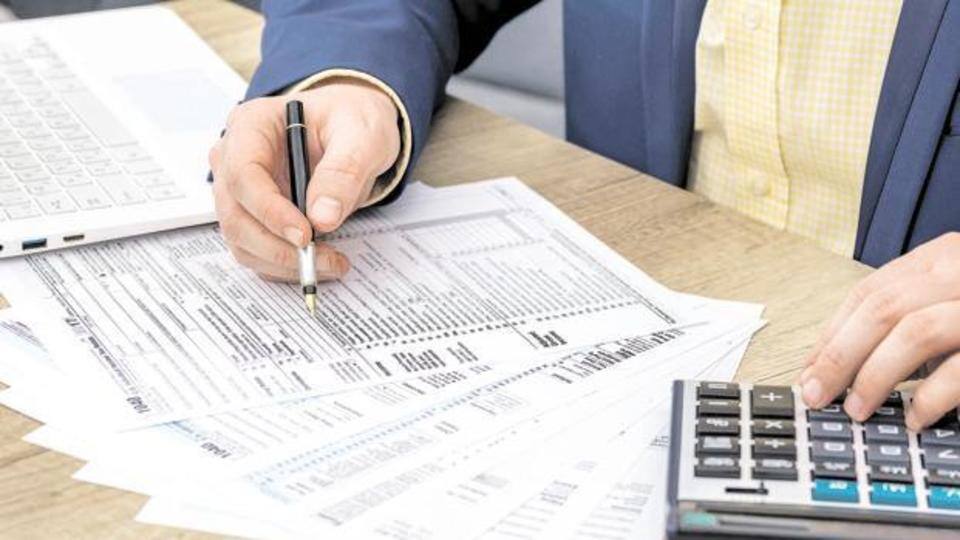
After his historic victory at the end of a long-drawn election campaign, Prime Minister Narendra Modi said in his victory speech on 23 May that according to him, only two castes existed in the 21st century India. One of them was of the people who want to come out of poverty. The other, he said, was of those who will lift the poor out of poverty. “We have to empower them both,” he said.
Modi’s categorization of India’s 1.3 billion people into two distinct classes of the poor and the well-off, rejecting conventional notions of caste that shaped India’s politics for long, is defining India’s economic policies in a more pronounced way in his second term in office. Finance minister Nirmala Sitharaman who presented the Union budget for FY20 in Parliament earlier this month spent the bulk of her two-hour speech detailing the steps her government was taking for the poor, small businesses and farmers.
In a budget that proposed a whopping 20% jump in the central government’s budget spending to over ₹27.8 trillion in FY20 from what was spent a year ago as per provisional estimates, Sitharaman had to explore new revenue sources. The choice was obvious: Tap those who can pay a little more in taxes to help the poor come out of poverty. Sitharaman proposed an increase in surcharge levied on income tax outgo of individuals with earnings more than ₹2 crore, in two slabs.
It was raised from 15% to 25% where the income is between ₹2-5 crore and from 15% to 37% for those earning more. In effect, a person earning in the range of ₹2-5 crore will pay 39% tax (called the highest marginal tax rate for that person) on the income exceeding ₹2 crore, and a person earning more than ₹5 crore will pay 42.74% on the income exceeding ₹5 crore. The surcharge increase soon got a name: Robinhood tax.
Who’s impacted
The increase is applicable to a host of tax payers including individuals, directors in companies on the remuneration that they receive, partners in firms on the remuneration that receive, shareholders who get dividend or benefit from capital gain on sale of shares. The profit share that partners in firms get are not subject to income tax and therefore does not attract surcharge either, explained Amit Maheshwari, partner at Ashok Maheshwari & Associates.
Analysts said some of their clients enquired about possibilities of shifting their domicile to other countries with more benign tax rates but were quick to add that such a move was not easy to execute. The government promptly dismissed worries that high earners may flee the country just because of the tax change. Revenue secretary Ajay Bhushan Pandey said in a post-budget interview that people’s attachment to their country was far too strong to be affected by an increase in their tax outgo. Non-residents need to pay taxes in India only on income earned in India while those who spend enough time in the country to fall in the class of ‘resident and ordinarily resident’ have to pay taxes in India on their global income.
The reaction to the surcharge increase has been mixed. According to Archit Gupta, founder and chief executive officer of ClearTax, a tax-related services provider, the surcharge increase will create a tax arbitrage based on how individuals are set up. Some may choose to deliver their services through limited liability partnerships (LLPs) to reduce tax outgo. Partners in firms could rework the components of remuneration and profits to adjust their tax outgo. Tax rates have to be a function of economic and social conditions in a country including the living standards and the social security systems available to citizens, said Neeru Ahuja, partner, Deloitte India. “It is not fair to compare the tax rates of a developing economy like ours with that of developed countries with strong social security backup,” said Ahuja.
FPIs
In the meanwhile, foreign portfolio investors (FPIs) have raised a hue and cry that a section of them that are organized as trusts may get hit by the increase in surcharge. That is because certain trusts may be assessable as associations of persons. The finance ministry is examining their grievance and may come out with a solution as the surcharge increase was not aimed at them, a person familiar with the government’s thinking said on condition of anonymity. FPIs are usually set up as corporate bodies or as partnerships but not as trusts. “Increasingly, surcharge is being used a means to increase collections, whereas a more comprehensive approach to reforming the tax structure is required,” said Gupta of ClearTax.